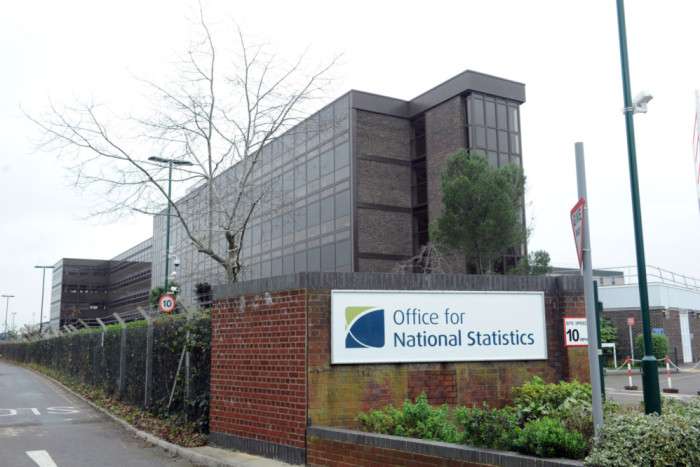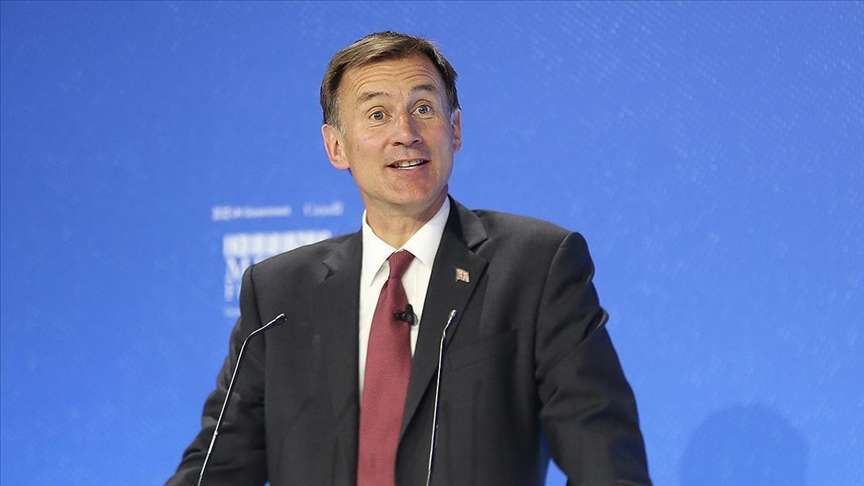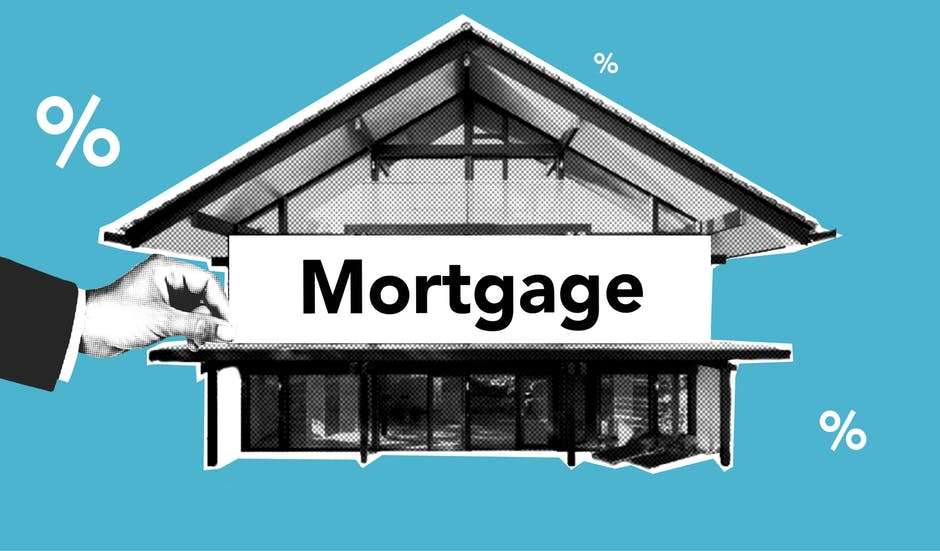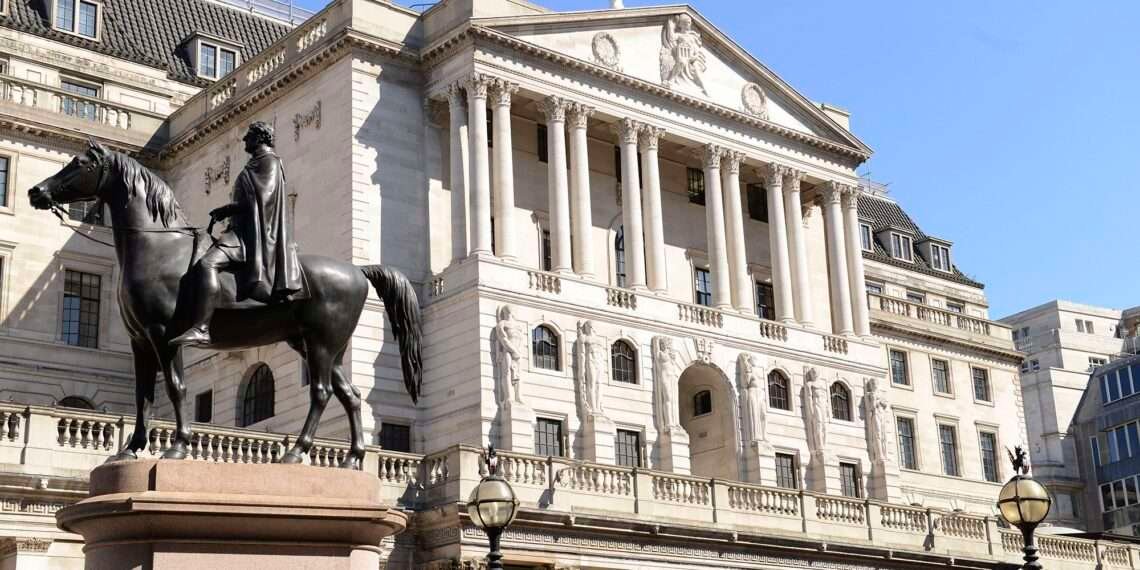Following the release of official numbers which indicated that, inflation did not decline as expected in May, lenders in the U.K. would be preparing for more hikes in loan prices.
According to the Office for National Statistics(ONS), consumer price index inflation remained stable at 8.7% in the year to May, defying standards for a small drop to 8.4%. This development suggests that, the politically independent Bank of England will increase borrowing costs once more on Thursday.

According to the ONS, the inflation rate was pushed up by rising airfares, the cost of leisure and cultural goods and services, and the price of used automobiles, while gas costs exerted the greatest downward pressure.
The Bank of England’s reluctance to hike interest rates, and the UK’s exit from the European Union, which increased business expenses, are two factors that many believe, are to blame for the country’s higher than average rate of inflation. The United States’ inflation rate is now at 4%, while the average for the 20 EU nations that utilize the euro is 6.1%.
According to the financial markets, if the rate remains steady, the Bank of England is expected to raise its benchmark interest rate from its present 15-year high of 4.5% to 4.75%.
Also, some economists believe that, the bank, which is in charge of controlling inflation at or below 2%, could opt to hike its benchmark values even more, to 5%. Higher interest rates aid in controlling inflation by making borrowing costlier for individuals and firms, and could lead to them spending less and reducing the pressure on prices.

“This makes a rate increase by the Bank of England this week near certain and materially increases the likelihood of further rises well into autumn,” said Debapratim De, senior economist at Deloitte.
However, further pressure from the predicted increase would force financial institutions to raise their own lending rates for loans and mortgages. Additionally, it would fuel new doubts about the prospects for Britain’s economy, which is hardly expanding.
The Conservative administration maintains that, bringing inflation under control is the top economic priority, despite polls showing it lagging behind the main opposition Labour Party ahead of a possible general election next year.

“We know how much high inflation hurts families and businesses across the country, and our plan to halve the rate this year is the best way we can keep costs and interest rates down. We will not hesitate in our resolve to support the Bank of England as it seeks to squeeze inflation out of our economy, while also providing targeted support with the cost of living.”
Treasury Secretary, Jeremy Hunt.
Due to the fact that, they refinanced their mortgages during the coronavirus pandemic, several homeowners would be protected from the latest hikes. However, looking to lock in new deals, customers whose fixed-rate terms are about to end will encounter significantly greater borrowing rates.
Jamie Elvin, Director of Mortgage Brokerage Strive Mortgages, described the situation as “a ticking time bomb” because 1.4 million borrowers might see their low fixed rates expire this year.
In contrast to the United States, where many homeowners set their mortgage rates for 30 years, the norm in the United Kingdom is for homeowners to fix the rate for considerably fewer period of time, before switching to their lender’s typically higher adjustable rate.

For instance, homeowners who set their mortgage rate at less than 1% three years ago may experience a five-fold rise in their rates in the current environment.
Similar to other central banks, the Bank of England has aggressively increased borrowing rates over the past 18 months, first as a result of supply constraints brought on by the coronavirus pandemic and then as a result of Russia’s invasion of Ukraine, which drove up the price of food and energy.
READ ALSO:Western Allies Meet For Ukraine’s Post War Economic Recovery























